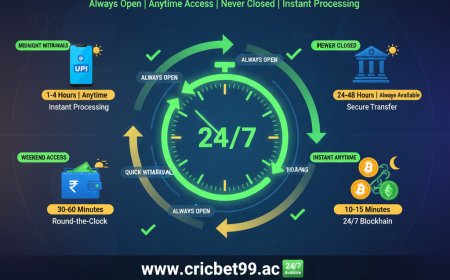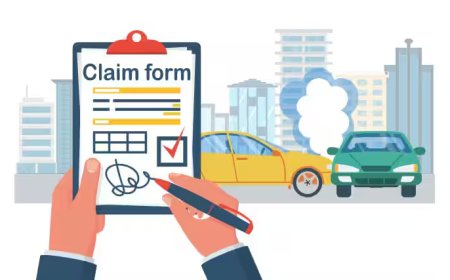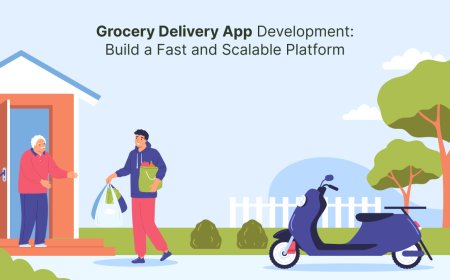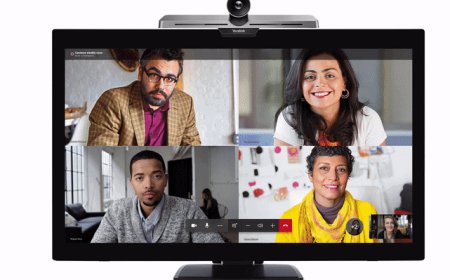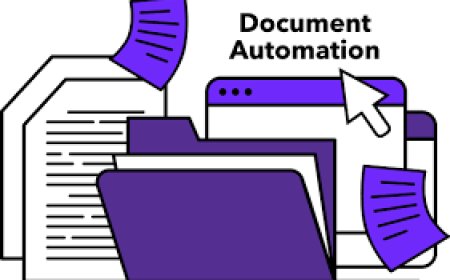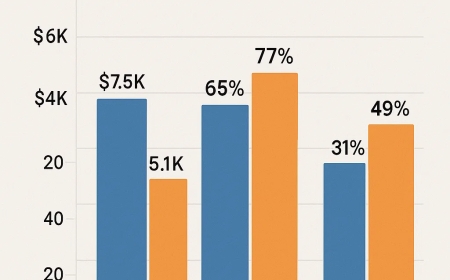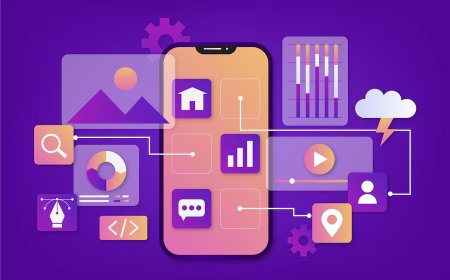How to Sell Tickets Online
How to Sell Tickets Online: A Comprehensive Tutorial Introduction Selling tickets online has become an essential part of event management in today’s digital age. Whether you’re organizing a concert, conference, workshop, or festival, the ability to sell tickets efficiently and securely over the internet can significantly impact your event’s success. Online ticket sales streamline the purchasing pr
How to Sell Tickets Online: A Comprehensive Tutorial
Introduction
Selling tickets online has become an essential part of event management in todays digital age. Whether youre organizing a concert, conference, workshop, or festival, the ability to sell tickets efficiently and securely over the internet can significantly impact your events success. Online ticket sales streamline the purchasing process for customers, broaden your reach, and provide valuable insights into attendee behavior.
This tutorial will guide you through the entire process of how to sell tickets online, from initial setup to best practices and tools that can help maximize your sales. Whether you are a beginner or looking to optimize your existing ticketing strategy, this guide is designed to equip you with practical knowledge to make your event a success.
Step-by-Step Guide
Step 1: Define Your Event Details
Before selling tickets online, clearly outline the key details of your event. This includes:
- Event Name: Choose a descriptive and engaging title.
- Date and Time: Specify when the event will take place.
- Location: Provide the venue details or specify if its a virtual event.
- Event Description: Write a compelling description highlighting what attendees can expect.
- Ticket Types and Prices: Define ticket categories such as general admission, VIP, early bird, group discounts, etc.
- Capacity: Determine the maximum number of attendees to avoid overselling.
Step 2: Choose the Right Ticketing Platform
Selecting a reliable ticketing platform is critical. Key factors to consider include ease of use, payment options, integration capabilities, and fees. Popular platforms include Eventbrite, Ticketmaster, and specialized solutions for niche events.
Ensure the platform supports features important to your event, such as:
- Customizable ticket types
- Mobile-friendly purchasing
- Secure payment processing
- Automated ticket delivery via email or SMS
- Real-time sales tracking
Step 3: Set Up Your Event Page
Create an event page on the chosen platform that showcases your event details effectively. This page should include:
- Clear and attractive visuals, such as banners or promotional images
- A concise and engaging event description
- A FAQ section to address common queries
- Information about parking, accessibility, or virtual participation instructions
- Call-to-action buttons like Buy Tickets placed prominently
Step 4: Configure Payment and Ticket Delivery Options
Set up payment gateways to accept credit cards, debit cards, digital wallets, and other popular payment methods. Confirm that the platform uses secure encryption protocols to protect buyer information.
Decide how tickets will be delivered. Options include:
- Email with downloadable or printable tickets
- Mobile tickets with QR codes
- Physical tickets shipped by mail (less common)
Step 5: Promote Your Event
To maximize ticket sales, implement a marketing strategy that includes:
- Social Media Campaigns: Use platforms like Facebook, Instagram, and Twitter to reach your target audience.
- Email Marketing: Send newsletters and reminders to your mailing list.
- Search Engine Optimization (SEO): Optimize your event page with relevant keywords to improve visibility in search engines.
- Collaborations: Partner with influencers, bloggers, or other organizations to widen your reach.
- Paid Advertising: Use Google Ads or social media ads to target specific demographics.
Step 6: Monitor Sales and Manage Attendees
Track ticket sales in real time using your ticketing platforms dashboard. This helps you understand sales trends, identify popular ticket types, and adjust marketing efforts accordingly.
Prepare for event day by managing check-ins efficiently. Use tools such as QR code scanners or mobile apps provided by the ticketing platform to validate tickets quickly and prevent fraud.
Step 7: Post-Event Follow-Up
After the event, engage with attendees through thank-you emails, surveys, or offers for future events. Gathering feedback helps improve future ticket sales and builds loyalty.
Best Practices
Provide Clear and Comprehensive Information
Transparency is key to building trust with potential buyers. Make sure all event details, ticket terms, refund policies, and accessibility information are clearly stated.
Optimize for Mobile Users
Many customers purchase tickets via smartphones. Ensure your ticketing page is mobile-responsive and the buying process is seamless on smaller screens.
Use Early Bird and Limited-Time Offers
Incentivize early purchases by offering discounted tickets for a limited period. This strategy creates urgency and helps forecast attendance.
Implement Secure Payment Methods
Use payment processors that comply with PCI DSS (Payment Card Industry Data Security Standard) to protect buyer information and reduce fraud risks.
Leverage Social Proof
Display testimonials, reviews, or attendee counts to increase credibility and encourage more people to buy tickets.
Test the Purchase Process
Before launching, thoroughly test the ticket buying experience from different devices and browsers to identify and fix any issues.
Tools and Resources
Ticketing Platforms
- Eventbrite: User-friendly with extensive integrations and marketing tools.
- Ticketmaster: Ideal for large-scale events with a broad audience.
- Brown Paper Tickets: Affordable and flexible for small to medium events.
- Universe: Offers customizable event pages and promotional tools.
Payment Gateways
- Stripe: Widely used, supports multiple currencies and payment types.
- PayPal: Trusted by users worldwide, easy to set up.
- Square: Integrates well with POS and online sales.
Marketing Tools
- Mailchimp: For email campaigns and automation.
- Hootsuite: Social media scheduling and analytics.
- Google Analytics: Track website traffic and conversions.
Real Examples
Example 1: Charity Concert Using Eventbrite
A local charity organized a fundraising concert and used Eventbrite to sell tickets online. They created an engaging event page with detailed descriptions and high-quality images. By promoting the event on social media and offering early bird tickets, they sold out within two weeks. Eventbrites real-time sales dashboard allowed them to monitor progress and adjust marketing strategies effectively.
Example 2: Virtual Workshop on Universe
An educational organization hosted a virtual workshop using Universe. They set up tiered ticket pricing, including free access for students. The platforms seamless payment integration and automated ticket delivery simplified the process for attendees. Post-event, they used feedback forms linked in follow-up emails to gather insights for future events.
FAQs
What is the best platform to sell tickets online?
The best platform depends on your event size, budget, and required features. Eventbrite is popular for ease of use, while Ticketmaster suits large-scale events. Evaluate your specific needs before choosing.
How much does it cost to sell tickets online?
Costs vary by platform and payment gateways. Most platforms charge a percentage fee per ticket sold plus a fixed fee. Some also offer free plans with limited features. Always review pricing details to avoid surprises.
Can I sell tickets for free events online?
Yes, many ticketing platforms allow you to create free events and distribute tickets online. This helps with attendee management and headcount estimates.
How do I prevent ticket fraud?
Use platforms that provide unique, scannable ticket codes and implement check-in tools to verify authenticity. Avoid manual ticket distribution where possible.
Is it possible to offer refunds or exchanges online?
Most platforms allow you to set refund policies and process refunds directly through their system. Clearly communicate your policy on the event page to manage buyer expectations.
Conclusion
Selling tickets online is a powerful way to enhance your events reach, streamline operations, and improve attendee experience. By carefully planning your event details, choosing the right platform, and implementing effective marketing strategies, you can maximize ticket sales and ensure a smooth process for both you and your customers.
Remember to prioritize security, mobile optimization, and clear communication throughout the ticket selling journey. Leveraging the right tools and learning from real-world examples will help you refine your approach and grow your events success over time.








&srotate=0)


